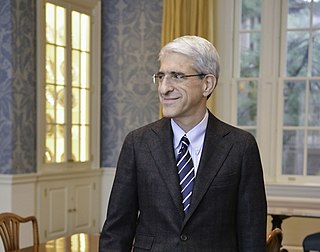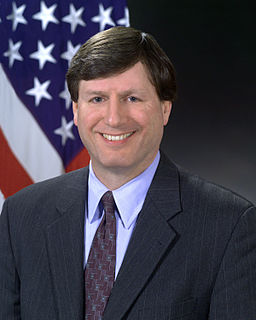A Quote by Adam Grant
Instead of assuming that emotional intelligence is always useful, we need to think more carefully about where and when it matters.
Related Quotes
I think in the coming decade we will see well-conducted research demonstrating that emotional skills and competencies predict positive outcomes at home with one's family, in school, and at work. The real challenge is to show that emotional intelligence matters over-and-above psychological constructs that have been measured for decades like personality and IQ. I believe that emotional intelligence holds this promise.
Emotional intelligence in the work that we do, in the Resolving Conflict Creatively Program, is about equipping young people with the kinds of skills they need to both identify and manage their emotions, to communicate those emotions effectively, and to resolve conflict nonviolently. So it's a whole set of skills and competencies that, for us, fall under the umbrella of emotional intelligence.
When we have some horrible terrorist attacks happen in some country we see in the recording that follows, that the intelligence community already knew about these people in advance. We know that these countries were involved in intelligence sharing premiums, that they benefited from mass surveillance, and yet they didn't stop the attacks. Yet at the same time we immediately see intelligence officials running to the newspapers and claiming that we need more surveillance, that we need more intrusion, that we need more expense of powers because it could have stopped an attack.
Whatever you think about his intelligence, what's unquestionable is that Reagan had extraordinary emotional intelligence. He could sense the temperature of a room, and tell them a story and make them feel good. And that's more fun, right? It's more fun to feel good than feel bad. That's part of our human state.
Milton on speed. I am going to need about a decade to think about that. That delay in syntax, the putting off of the click of the sentence into itself, is something that has always intrigued me. I love the emotional effect of it, and never want it to be merely a gesture. Sometimes I try it and it doesn't work, so I have to put the poem aside, and try again, more simply and more strange.



































